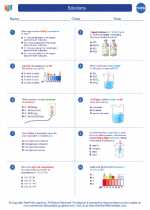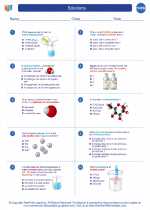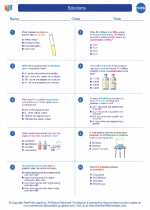Aerosol
Definition
An aerosol is a colloidal suspension of fine solid particles or liquid droplets in a gas.
Formation
Aerosols can be formed through various processes such as:
- Dispersion: Breaking up of a liquid into small droplets, e.g., spraying a liquid into the air.
- Condensation: Conversion of a gas into fine particles, e.g., formation of clouds and fog.
- Mechanical processes: Grinding, crushing, or attrition of solid particles into fine aerosols.
Types of Aerosols
There are two main types of aerosols:
- Suspensions: Solid particles dispersed in a gas, e.g., dust particles in the air.
- Emulsions: Liquid droplets dispersed in a gas, e.g., mist or fog.
Applications
Aerosols have various applications in industries, consumer products, and environmental processes. Some common applications include:
- Spray cans: Aerosol sprays for household products, paints, and cosmetics.
- Medicine: Inhalers and nebulizers used for respiratory treatments.
- Environmental processes: Formation of clouds, fog, and atmospheric aerosols affecting climate.
Environmental Impact
Aerosols can have both positive and negative impacts on the environment and human health. They can contribute to air pollution, affect climate through scattering and absorption of sunlight, and influence regional and global weather patterns.
Study Guide
To understand aerosols better, it's important to focus on the following key points:
- Definition and characteristics of aerosols.
- Formation processes of aerosols.
- Distinguishing between different types of aerosols (suspensions and emulsions).
- Real-world applications of aerosols in various industries.
- Environmental impact and implications of aerosols on air quality, climate, and human health.
◂Chemistry Worksheets and Study Guides High School. Solutions
The resources above cover the following skills:
CHEMISTRY
Matter and Its Interactions
Use mathematics and computational thinking to express the concentrations of solutions quantitatively using molarity.
Develop and use models to explain how solutes are dissolved in solvents.



